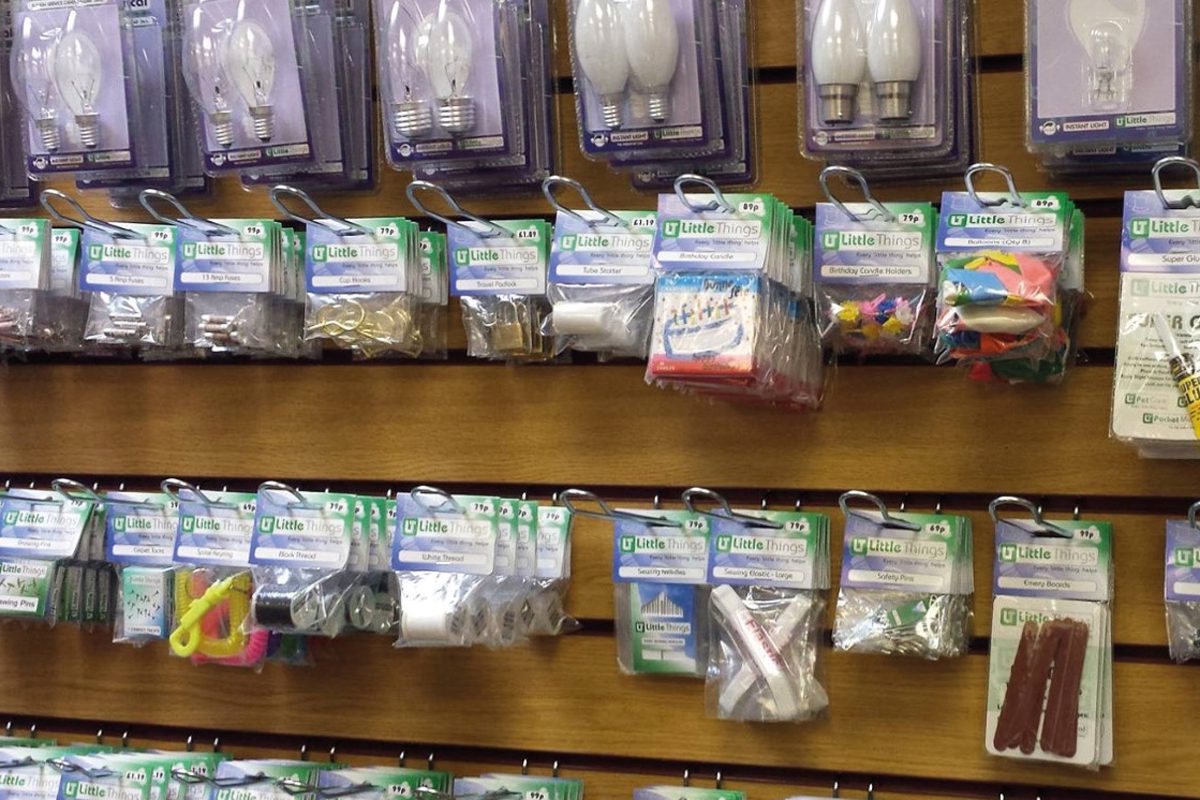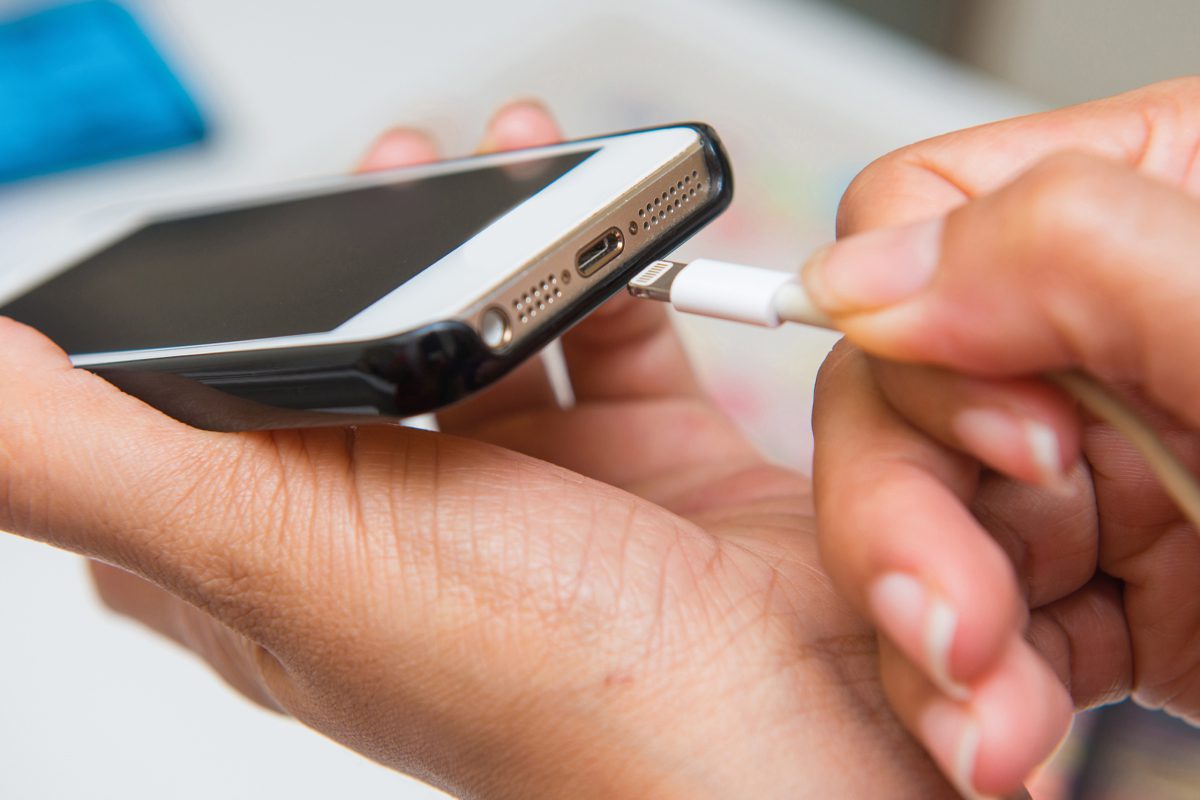Make room for home essentials, says Little Things boss

WHEN it’s time to refurbish a store, the conventional wisdom would suggest more chilled space, and heaps of food to go.
But what about space for lightbulbs and hair bobbles?
Absolutely, according to Efy Din, whose Little Things business has been supplying Scotland’s retailers with household essentials for two decades.
According to Din, the consumer habits that have seen food to go and chilled thriving in convenience are also key sales drivers for his products.
Little Things supplies wholesalers and retailers with everything from lightbulbs and first aid essentials to pet care products, toys and electrical goods.
It’s a broad range of categories, but what they all have in common is that they are often distress purchases.
“The market has definitely changed for convenience stores,” said Din.
“The reason for chilled and food to go being so successful is because people don’t want to wait, and people don’t have time to go home and start making dinner fresh every day.
“With all of our products it’s exactly the same. It’s a convenience range. People never plan to buy fuses to keep in the house.
“Our product really ties in because it’s a distress purchase. People will say ‘oh I really need some birthday candles, I forgot to pick them up.’
“It’s basically a lack of awareness when they’re doing their weekly shop, because it’s not at the top of their priority list.
“So when somebody needs a hair bobble or whatever, they’ll just pop into their local store and get it. That’s why our sales have gone up,” he said.

One area where Din said sales have been soaring for Little Things is the lightbulb category.
Often a purchase shoppers wish to make in a hurry, lightbulbs have evolved for Little Things from a seasonal product to a year-round staple.
“The whole market changed so quickly. Our bulbs used to sell pretty much just in the winter, from September to the end of March. But now, bulbs are pretty much in the region of 40% of our sales,” he said.
One reason why Din reckons his bulb range is a hit in c-stores is the ease with which shoppers can identify Little Things products.
By opting to package his bulbs in transparent blister packs, Din said customers have an easier time finding the SKU required for their fitting.
And he added that the uniform branding across the Little Things range is good news for convenience retailers.
“We have a uniformity of packaging, so even though we do things like petcare and lightbulbs, all of them have uniformity so the retailer can display the ranges side by side and it doesn’t look out of place, it looks nice and clean and tidy,” he said.
Looking to the future, Din said 2020 could be a year of expansion for Little Things, with interest coming from retailers in the north of England.
There are also plans to introduce even more SKUs that should help retailers scoop additional distress purchases in an increasingly tech-oriented society.
“We’re constantly trying to adapt. We’re trying to get more products in like USB chargers and car chargers and phone cables.
“That’s the kind of thing which we’ll be going into more and more because that is the world that we live in now,” he said.














